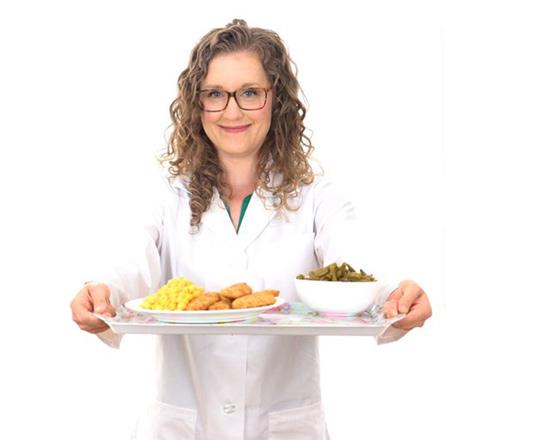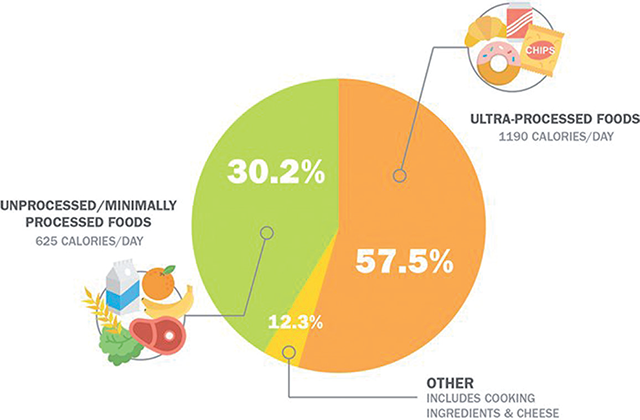You are here
Highly processed foods tied to increased risk of cancers
By Reuters - Mar 08,2018 - Last updated at Mar 08,2018

Photo courtesy of tp1o.com
People who consume mostly packaged foods and drinks with lots of unpronounceable ingredients may be more likely to develop certain cancers than people who subsist mostly on whole foods found in nature, a French study suggests.
Researchers examined data from dietary surveys completed by nearly 105,000 adults who did not have cancer. By the time half the participants had been in the study for at least five years, 2,228 cancer cases had been diagnosed — including 739 breast cancers, 281 prostate cancers, and 153 colorectal cancers.
Every 10 per cent increase in the amount of heavily processed foods and drinks people consumed was associated with a 12 per cent higher risk of developing all cancers and an 11 per cent higher risk of developing breast cancer during the study, researchers report in The BMJ.
“Consumers should not be alarmed at this stage, as these results need to be confirmed,” said lead study author Bernard Srour of the French Institute of Health and Medical Research INSERM in Paris.
But based on other research linking certain additives and chemicals in processed foods to an increased risk of cancer and other health problems, consumers should be cautious about what they eat and drink, Srour said by e-mail.
“Ultra-processed foods and beverages contain some food additives for which carcinogenic effects are suspected such as titanium dioxide, a white food pigment which can be found in some confectionaries, chewing-gums, and biscuits,” Srour added. “Ultra-processed foods are also often packaged in plastic which might contain contact materials having controversial effects on health, such as bisphenol A [BPA].”
Study participants reported their dietary habits based on their recollection of what they ate and drank over a 24-hour period in surveys administered every six months. Over the first two years of follow-up, people typically completed at least five surveys.
Compared with people who generally avoided heavily processed foods, individuals who consumed lots of ultra-processed foods tended to be younger, current smokers and less active with limited education.
People who consumed the most heavily processed foods typically drank a lot of sodas and other sugary beverages and ate lots of sugary, fatty and starchy foods, the study found.
The study was not a controlled experiment designed to prove whether or how certain dietary habits might directly cause cancer, and it was also too brief to diagnose some tumours that might be slow-growing and take years to develop.
Participants were also generally more health-conscious and with higher income and education levels than the typical person in France, making it possible that results from this group might not represent what would happen with other people.
It is also not clear what it is about processed foods that might lead to cancer, noted Martin Lajous, author of an accompanying editorial and a researcher at the National Institute of Public Health in Mexico City and the Harvard T.H. Chan School of Public Health in Boston.
While more research is needed to verify the connection between processed foods in cancer, it is possible that food additives, certain nutrients or contaminants from packages or other factors might have contributed to malignancies that developed, Lajous said by e-mail.
Related Articles
People who eat lots of ultra-processed foods are more likely to develop heart disease and to die sooner than those who stick with foods in t
PARIS — Ultra-processed foods (UPF) are commonly portrayed as a modern health scourge: A threat lurking on the shelves of every supermarket
People who consume lots of foods linked to chronic inflammation, such as red meat and refined grains, may be more likely to develop colorect














